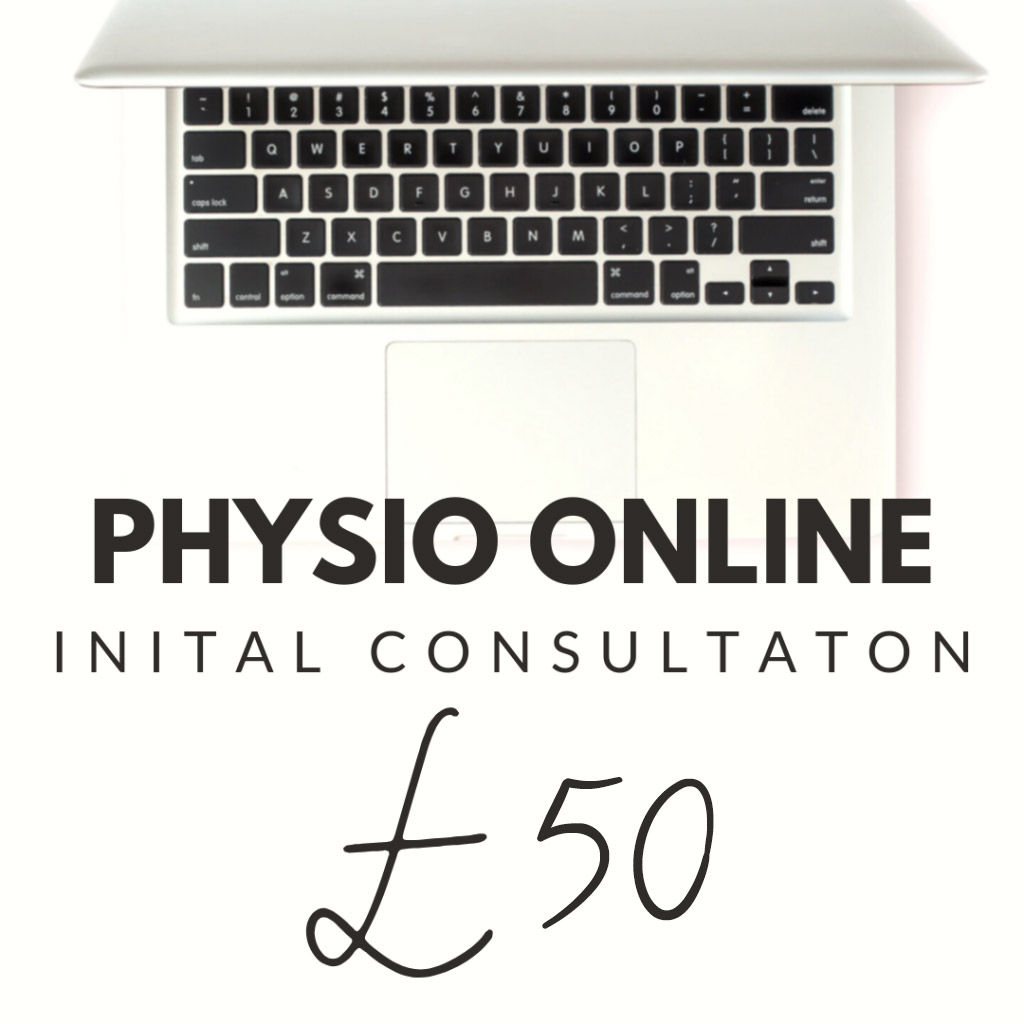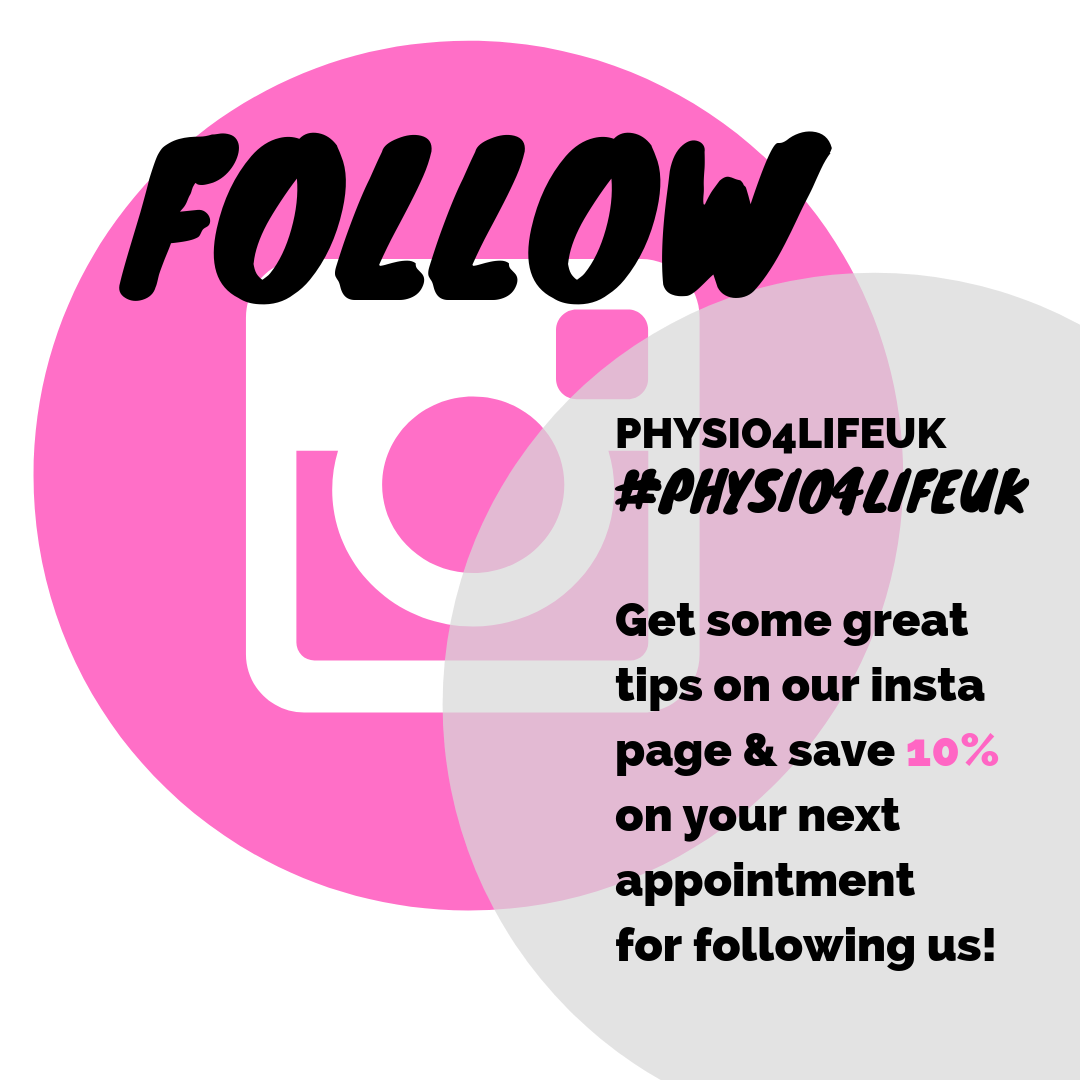
| |
|
Nerve Entrapment (lateral)
INJURY OVERVIEW
| Often confused with Tennis Elbow, lateral nerve entrapment (radial nerve) can have very similar symptoms especially in the early stages. Simply put, it is due to a pinching of neural tissue by one or more structures around the outside of your elbow. |
INJURY IN-DEPTH INFORMATION
| The radial nerve comes out of your neck and passes down your arm along the following path (show this in the video). At the point of the outside elbow the nerve separates and part of it passes into an area where it can be compressed by usually 4 different structures.
The compression of the nerve is unlikely to cause actual nerve damage but it will disrupt the blood flow to the nerve. Blood entres the nerve under very low pressure and so it is relatively easy for this to overcome. Should this happen, vital oxygen cannot get to the nerve and also waste products cannot be removed. After a certain point this will certainly be felt as pain. |
COMMON SIGNS & SYMPTOMS
A list of common signs & symptoms. Keep each one short and sweet i.e.
|
HOW IS IT ASSESSED
| Thorough clinical examination that will look at all the common points of contact for the nerve (show this??), from the neck to the hand.
The integrity of your nerves should be tested and also their ability to move well. Muscle strength and throughout the limb will be assessed Also you ability to perform resisted wrist and elbow movements (do they replicate your pain) |
GENERAL TREATMENT
| Treatment will usually consist of manual therapy (massage and stretching) to the muscles that give rise to supination (show this).
Use of acupuncture needles for this can be very effective Specific exercises that promote mobility of the neural tissue involved will also help. If this is unsuccessful then there is a surgical option, but this is best handled conservatively. |
Exercise Videos: i.e.
|
WHICH HEALTH PROFESSIONAL TO CONSULT
|
PHYSIO X |
MEDIC X |
PODIATRY |



